I’m quickly becoming an audio geek – or maybe “audio aficionado” sounds better.
Ever since I recorded my REST With Spring course – audio quality was always top of mind.
You can tell a lot about the production quality of a course by the audio it’s using. If it sounds warm, rich and crystal clear – it has a high impact and helps get you in the right mindset for learning. If however it sounds choppy and has a lot of echo or harsh highs and lows, it’s probably just thrown together with a 5$ build in mic on a laptop.
So, obviously, I wanted to go for the high-quality sound – which is why I invested in studio level equipment now that I’m recording again.
Here we go.
Shure SM7B Microphone
You can feel that the SM7B is a great mic by simply picking it up – it’s heavy, super high quality and very well put together.
Focusrite Scarlett 6i6
The Scarlett is a fantastic preamp, but the SM7B is a very gain-hungry mic, so in order to drive enough gain into it, I also had to get a CloudLifter to go along with it.
Cloud Microphones Cloudlifter CL-1
Simplicity itself – works exactly like it should, by driving an extra 25dB of clean gain to the mic.
RØDE PSA1 Boom Arm
This boom arm is a solid but also remarkably easy to set up. I used the stand grip, not wanting to drill a hole in my desk – and it stayed there ever since, with no discernible movement.
Sony MDR7506 Professional Headphones
My normal headphones aren’t meant to let you hear the raw audio – you need studio focused gear for that. They’re of course not great for normal use, but for recording, you’re able to hear yourself perfectly – which is very helpful.
Other Components
The final piece of the puzzle are of course the cables – good balanced XLR cables to connect the microphone to the Cloudlifter and then that to the preamp.
Total Investment and Results
The audio quality I’m getting from this setup is incredible. It really surprised me the first time I played it audio that requires very little post-processing and a simple way to record, given the boom arm can be safely tucked close to the wall when I’m not recording, and comes right in front of me when I am.
The total investment was just over of 1000$ (1049$ including shipping), but my courses sound like they’re professionally recorded, because they actually are 🙂
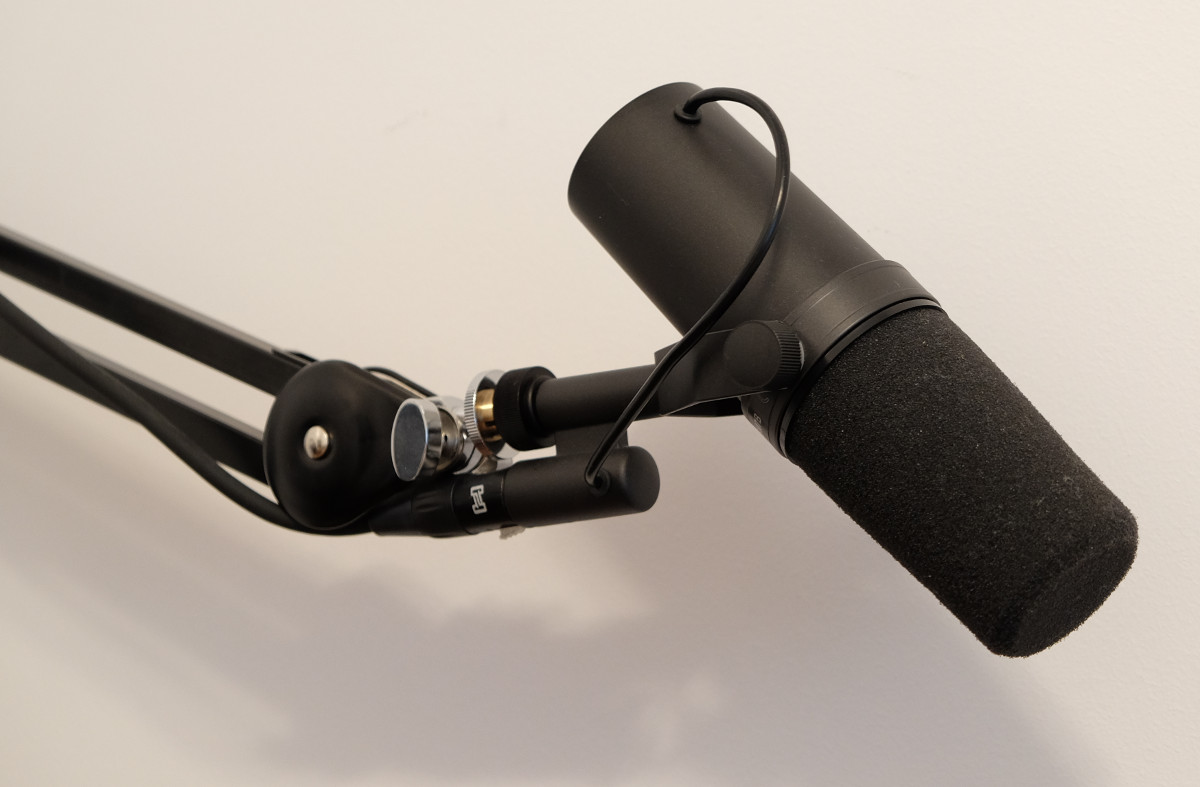
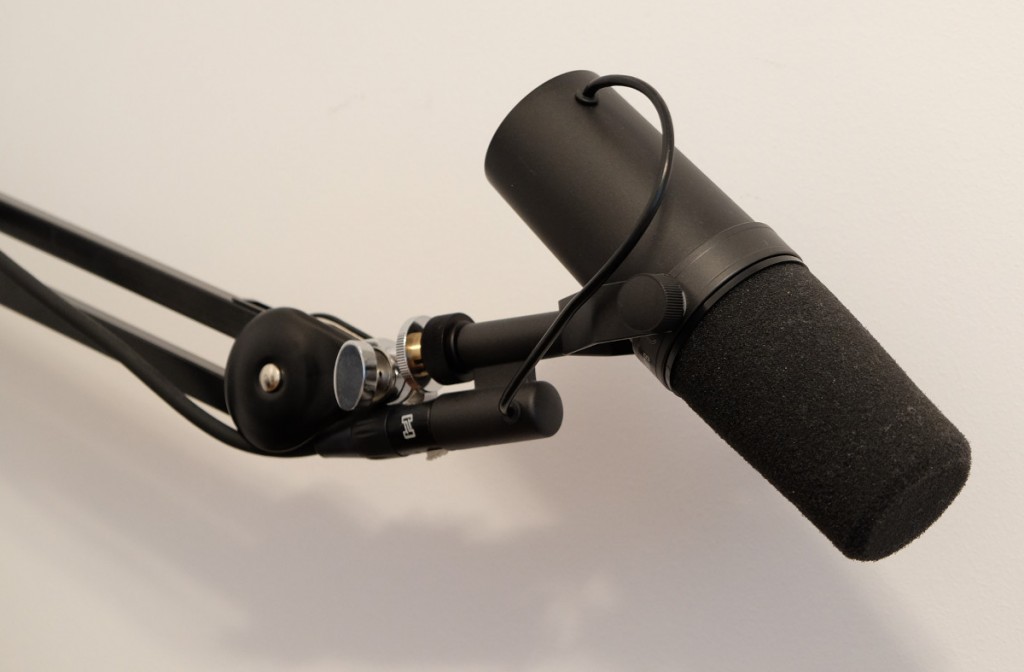
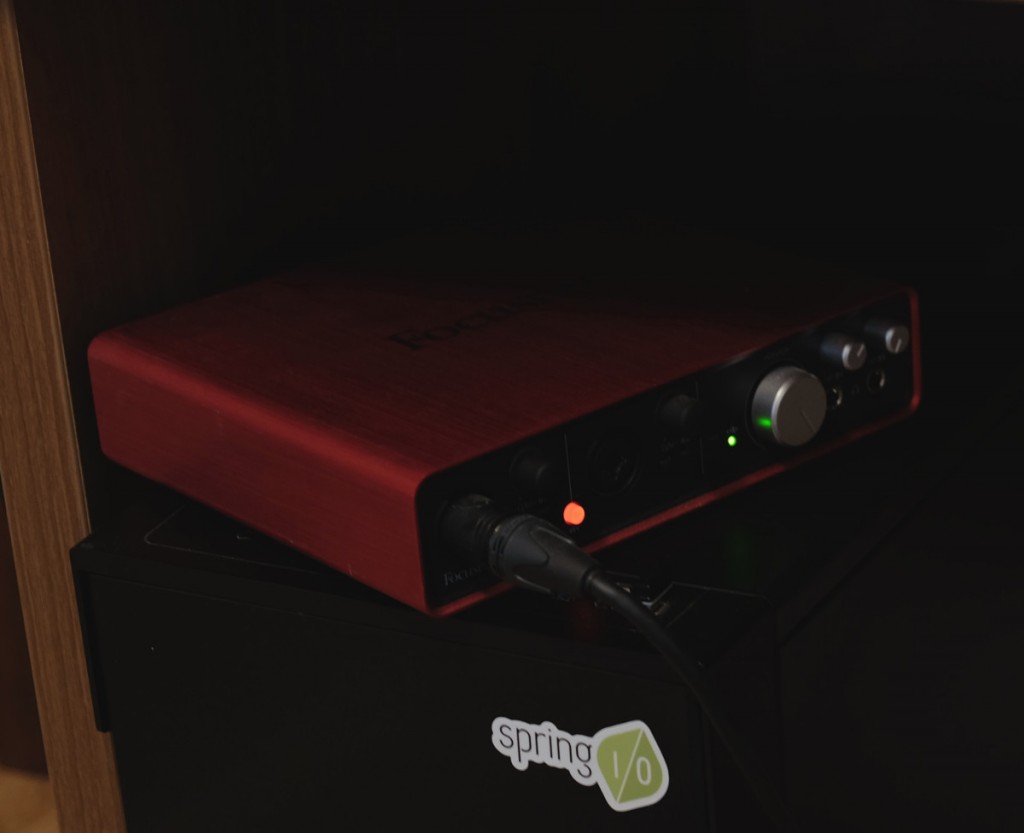
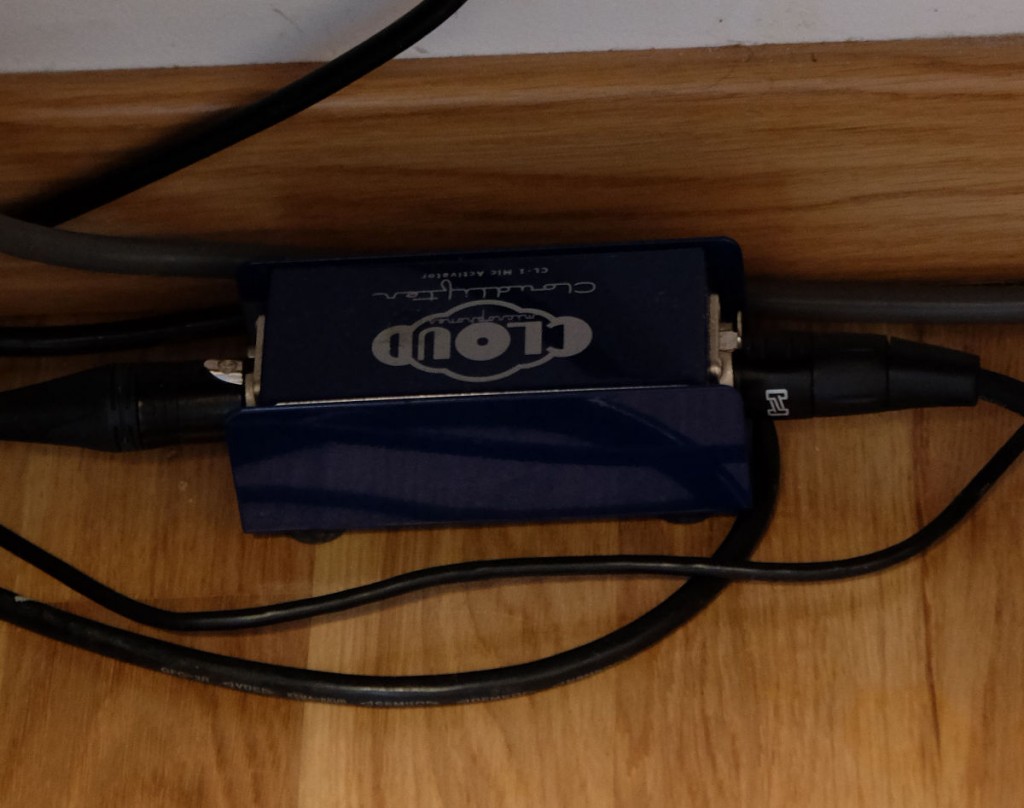
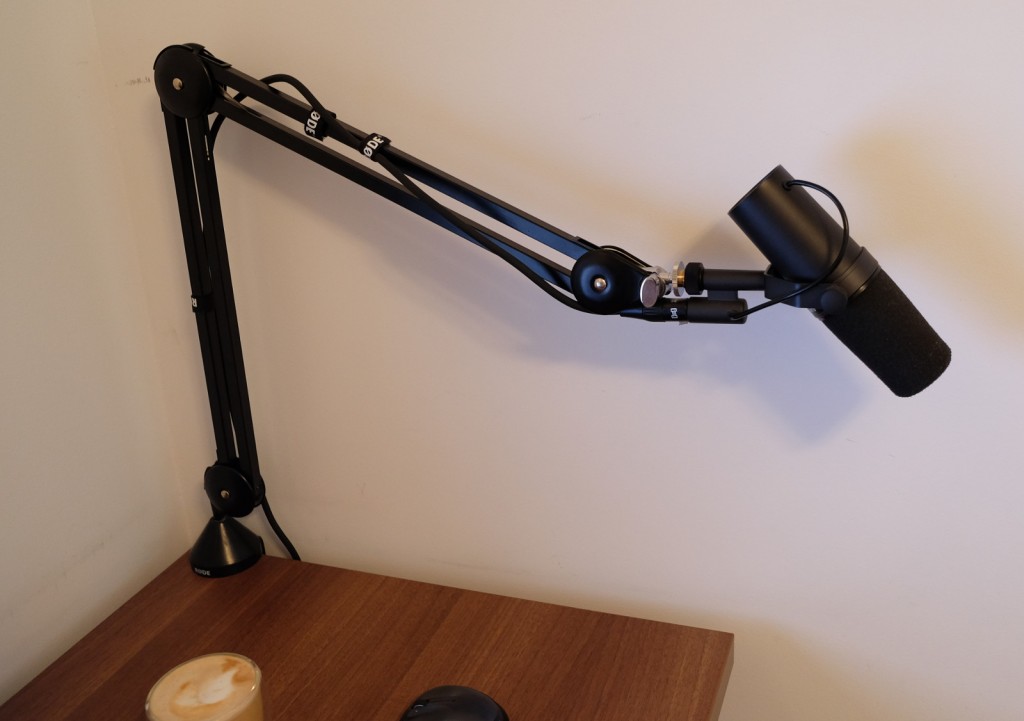
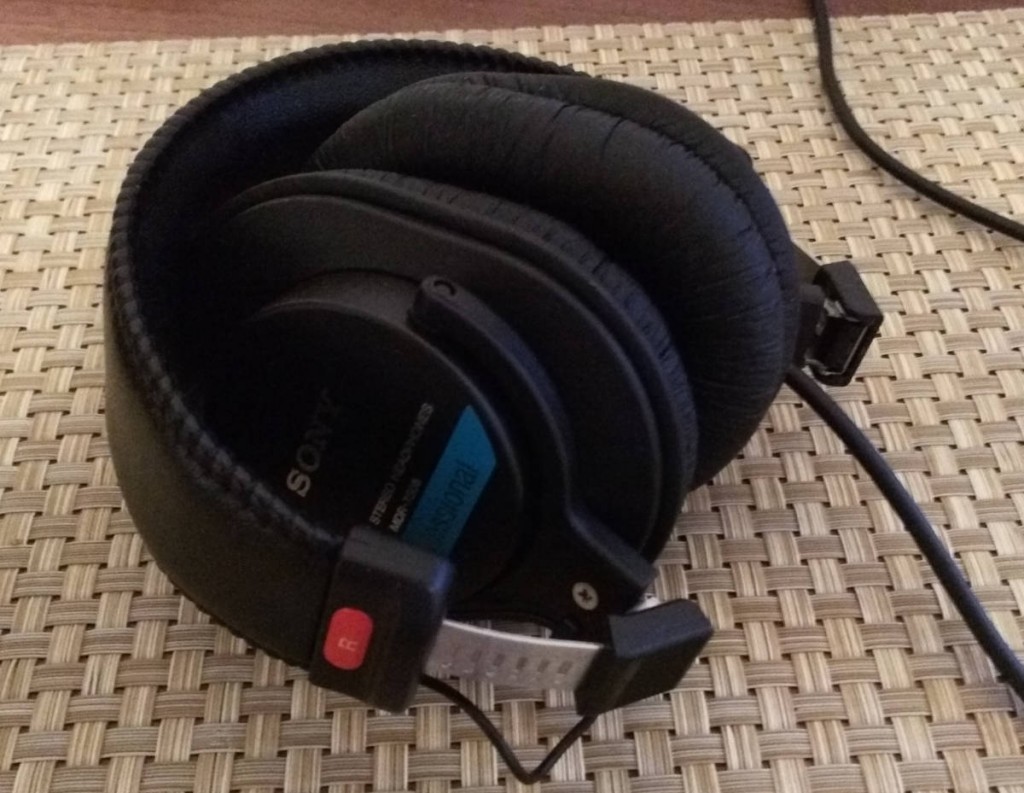
Could I ask how you connected this mic to the arm? Did you need some sort of adapter? Thanks!
Hey Steve – no adapter – you just screw it in (the mic has screws on the site).
I have three questions related to cables:
1. How many XLR cables do you need for this setup? Is it that you need one from the Mic to the Cloudlifter, and another one Cloudlifter to the amplifier?
2. Are those Male to Female XLR cables?
3. From the Focusrite amplifier, you can connect the PC using an USB cable and use it as a mic, right?
Hey Vlad,
Sure, let’s jump right in.
1 – if you get the CloudLifter – then you need 2; without it, you only need one
2 – yes
3 – yes
Are you going for the same setup?
Thanks. I have no experience with audio recordings and your setup and videos are top quality, so I’m thinking about purchasing similar equipment.
Related to the mic, can it cancel any unforeseen background noise? Would a shotgun much be a better choice if my recordings studio is in a block flat, and you can’t predict what the neighbors might be doing? ?
So, the setup is definitely good – I’m quite happy with it.
Now, background noise is always a problem. This mic is good at minimizing that, and reverb in the room (that’s why I picked it).
But, at the end of the day, the better the room – the better the sound. Some simple room treatment helps.
And recording between certain hours also helps 🙂
Cool, thanks.
I noticed that Focusrite Scarlett 6i6 offers more than two analogue inputs. Is it really necessary for recording a video course? I wonder if a simpler model like Focusrite Scarlett Solo would be enough for recording a single microphone.
https://www.muziker.ro/focusrite-scarlett-solo-2nd-generation
It’s not. The reason I picked this one was – I hoped it will have enough power/gain to power the mic (which is very gain-hungry). It didn’t (hence the need to get the CloudLifter).
A larger preamp would probably be good without the CloudLifter, but, if you’re planning to get that anyways, sure – you can probably go with a smaller model.
What is the input to the PC or Mac? What software do you use to process the audio?
The input is just USB, and the OS sees that as an input source on its own – no need to do anything special.